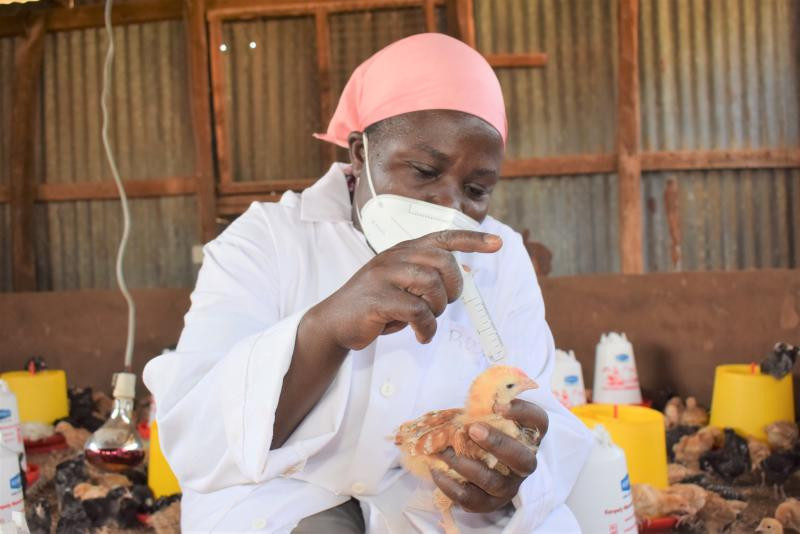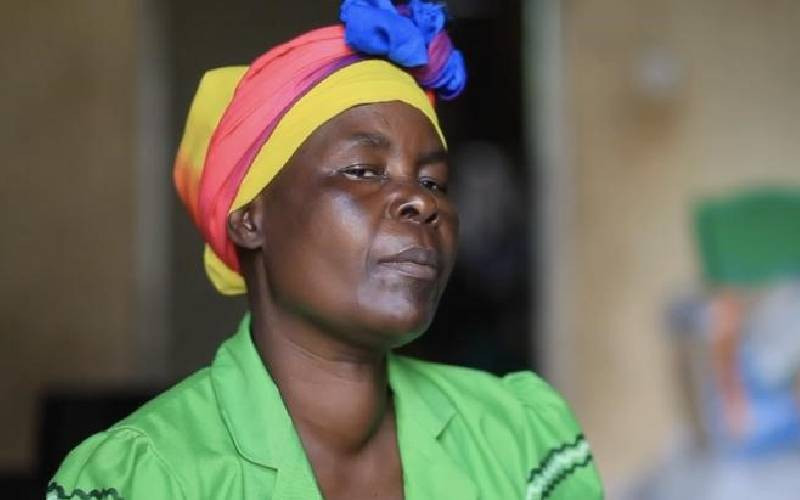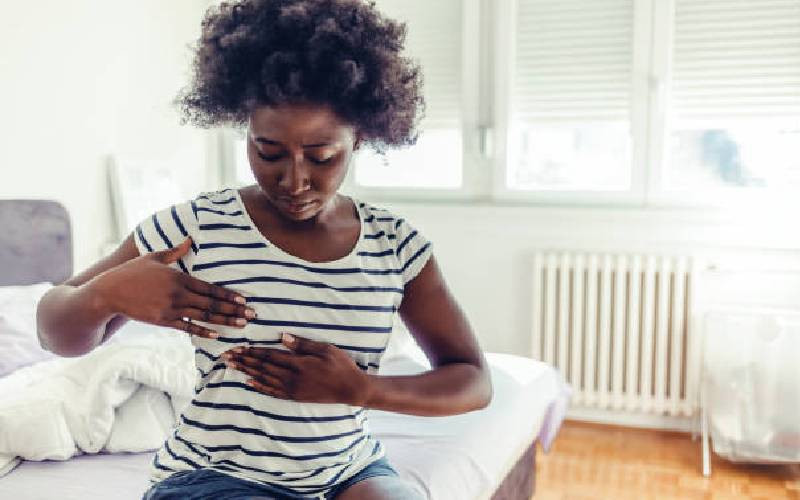School girls as young as 9 years may start receiving vaccinations against the deadly virus linked to cervical cancer from early next year to protect them from the killer disease.
Speaking on the sidelines of the 9th Stop Cervical, Breast and Prostate Cancer in Africa Conference in Nairobi yesterday, Director of Medical Services Dr Nicholas Muraguri said the vaccine will be rolled out since cases of cervical cancer have soared in the country. The virus are spread through sex.
"The vaccine has been proven to protect people from developing the disease. Rather than wait to treat people who have developed cervical cancer, we are better off preventing it through vaccination," he said.
Dr Muraguri indicated that a pilot study on vaccinations against cervical cancer has been successfully completed, boosting the case for national vaccination of school girls before they become sexually active.
Kenya is lagging behind a number of African countries like Rwanda which have vaccinated their school girls that are risk, especially those within the reproductive age.
According to the Ministry of Health guidelines for cancer management released recently, cervical cancer is one of the top three cancer killers in the country. Data from the World Health Organisation shows this cancer is 10 times more prevalent in Kenya than the United States.
Dr Ahmed Kalebi, a consultant pathologist and an honorary lecturer at the University of Nairobi said the vaccine targets some strains of the human papilloma virus (HPV) which is linked to most cases of cervical cancer.
Dr Kalebi, who is also the Group CEO of Pathologists Lancet Kenya, the largest independent network of medical labs that test various types of cancers explained even though the body immune system of most people naturally defends their bodies from the virus, in some cases the virus leads to cancer if not detected early.
"Having the HPV vaccine means that body's immune system can be stimulated to enhance its protection of the body against the virus. Usually, the vaccines gives protection for at least 5 years," he said
This comes as African First Ladies led by Margaret Kenyatta called for enhanced efforts to protect people from cervical, breast and prostate cancers since prevention is far easier and less costly than treatment.
Recently, WHO issued new guidelines calling for enhanced vaccination of girls as young as nine years in Kenya against cervical cancer before they become sexually active.
The guidelines say that vaccination of girls should begin between the ages of nine and 13. In addition, the new guidelines has reduced the number of vaccination doses from three to two, saying this is good enough to eliminate the virus that causes the killer disease.
In the recent past, the Ministry of Health has promised several times to roll out vaccination of all school girls. It remains to be seen if it will take off this time.
 The Standard Group Plc is a
multi-media organization with investments in media platforms spanning newspaper
print operations, television, radio broadcasting, digital and online services. The
Standard Group is recognized as a leading multi-media house in Kenya with a key
influence in matters of national and international interest.
The Standard Group Plc is a
multi-media organization with investments in media platforms spanning newspaper
print operations, television, radio broadcasting, digital and online services. The
Standard Group is recognized as a leading multi-media house in Kenya with a key
influence in matters of national and international interest.
 The Standard Group Plc is a
multi-media organization with investments in media platforms spanning newspaper
print operations, television, radio broadcasting, digital and online services. The
Standard Group is recognized as a leading multi-media house in Kenya with a key
influence in matters of national and international interest.
The Standard Group Plc is a
multi-media organization with investments in media platforms spanning newspaper
print operations, television, radio broadcasting, digital and online services. The
Standard Group is recognized as a leading multi-media house in Kenya with a key
influence in matters of national and international interest.









